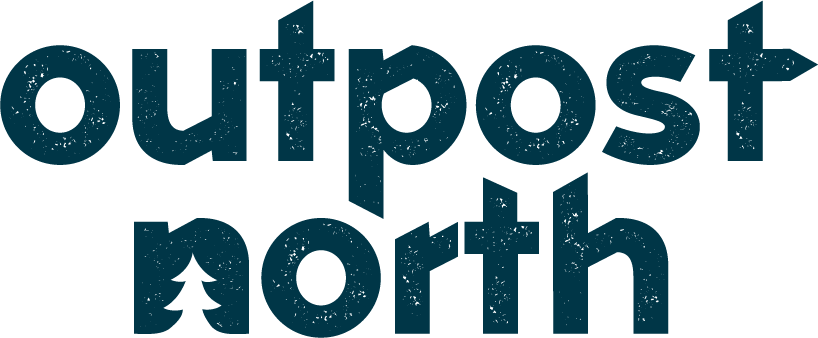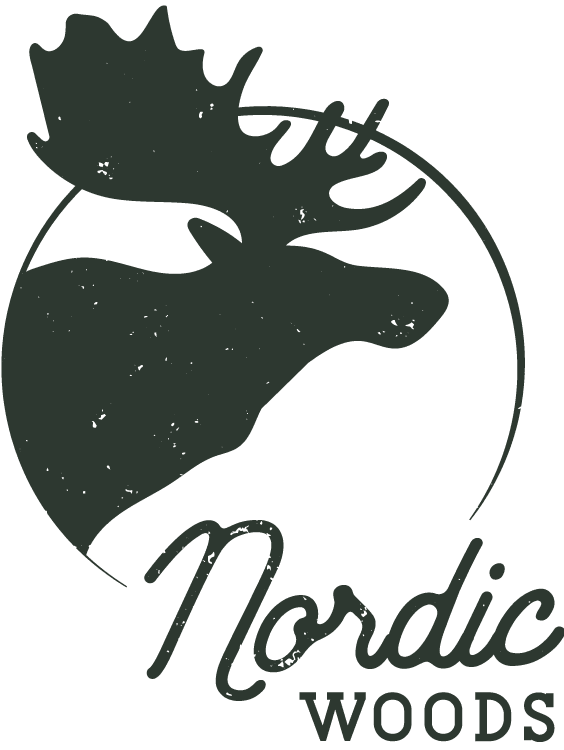
The organization’s mission is to give predators in Sweden a fair chance to survive. This means combating overhunting, improving legislation, and educating the public about the crucial role of predators in nature.
Their main goals are:
- Promoting a scientifically based, sustainable policy for predators.
- Combating illegal hunting and lobbying practices that are harmful to predators.
- Education and awareness, so that people can learn to understand the value of predators.
- Collaborating with other nature organizations to form a stronger voice in the political debate.
- Encouraging and supporting non-lethal protective measures, such as predator-proof fencing for livestock.


